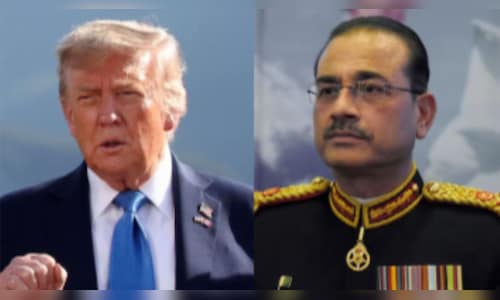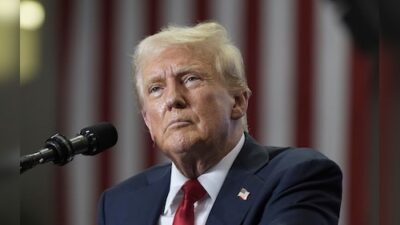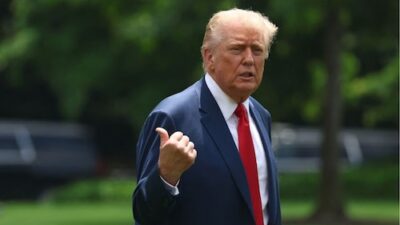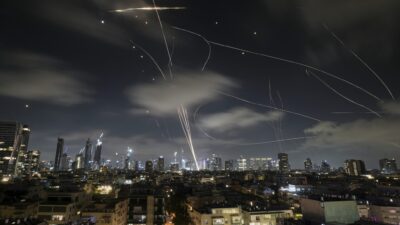In an interview with CNBC-TV18, Srivastava contended that the White House’s engagement with Pakistan is likely motivated by its strategic significance in any potential crisis involving Iran.
“Pakistan shares a border with Iran. In the event of military action or hostilities against Iran, its cooperation could be invaluable,” Srivastava commented. He highlighted remarks made by US CENTCOM Chief General Erik Kurilla last month, who referred to Pakistan as a “useful ally” in the counter-terrorism effort. Srivastava challenged the timing and rationale behind that statement, noting the absence of significant terror arrests recently and the US’s withdrawal from Afghanistan four years prior.
He also connected the recent IMF aid to Pakistan to this evolving strategic dynamic. “Amidst Operation Sindoor, the IMF announced a new commitment of $1.5 billion to Pakistan under the Climate Resilience Fund,” he mentioned, adding that this was on top of the $1 billion already provided under an earlier agreement. “This isn’t exactly a reassuring signal for a nation involved in terrorism. However, given the current situation in Iran, if you analyze backwards, this financial support makes sense,” he explained.
Srivastava pointed out that Pakistan closed its border with Iran on June 15, just a day after the conflict between Israel and Iran escalated. “Pakistan has already fulfilled its obligations,” he suggested, implying this may have been part of a pre-arranged agreement. Drawing a historical reference, he recalled that in 1965, under Shah’s regime, Iran had supported Pakistan with air power. “Today, Pakistan has effectively shut its doors to Iran,” he added, describing this shift as a reversal that “comes with a cost.”
On the topic of General Munir’s ideology, Srivastava remarked that Pakistan’s military doctrine is still heavily influenced by religious ideology. He cited a book by Brigadier Malik, prefaced by General Zia-ul-Haq, asserting that “terror is not merely a means to an end—terror itself is the end.” Srivastava noted that this mindset continues to shape the thoughts of Pakistan’s leadership.
Furthermore, he mentioned that in a speech on April 16, just before the Pahalgam terror attack, General Munir reiterated that Kashmir is Pakistan’s “jugular vein,” referenced the two-nation theory, and dismissed any separatist tendencies in Balochistan. Munir also referred to Israel as a “Zionist state,” tying Pakistan’s perspective to wider Islamic issues.
Srivastava concluded that General Munir’s ideological stance, together with Pakistan’s realignment in West Asia, indicates that more complex dynamics are unfolding in the region. “It’s clear that the current situation in West Asia foreshadows future developments,” he stated.
Watch the accompanying video for the full conversation.



